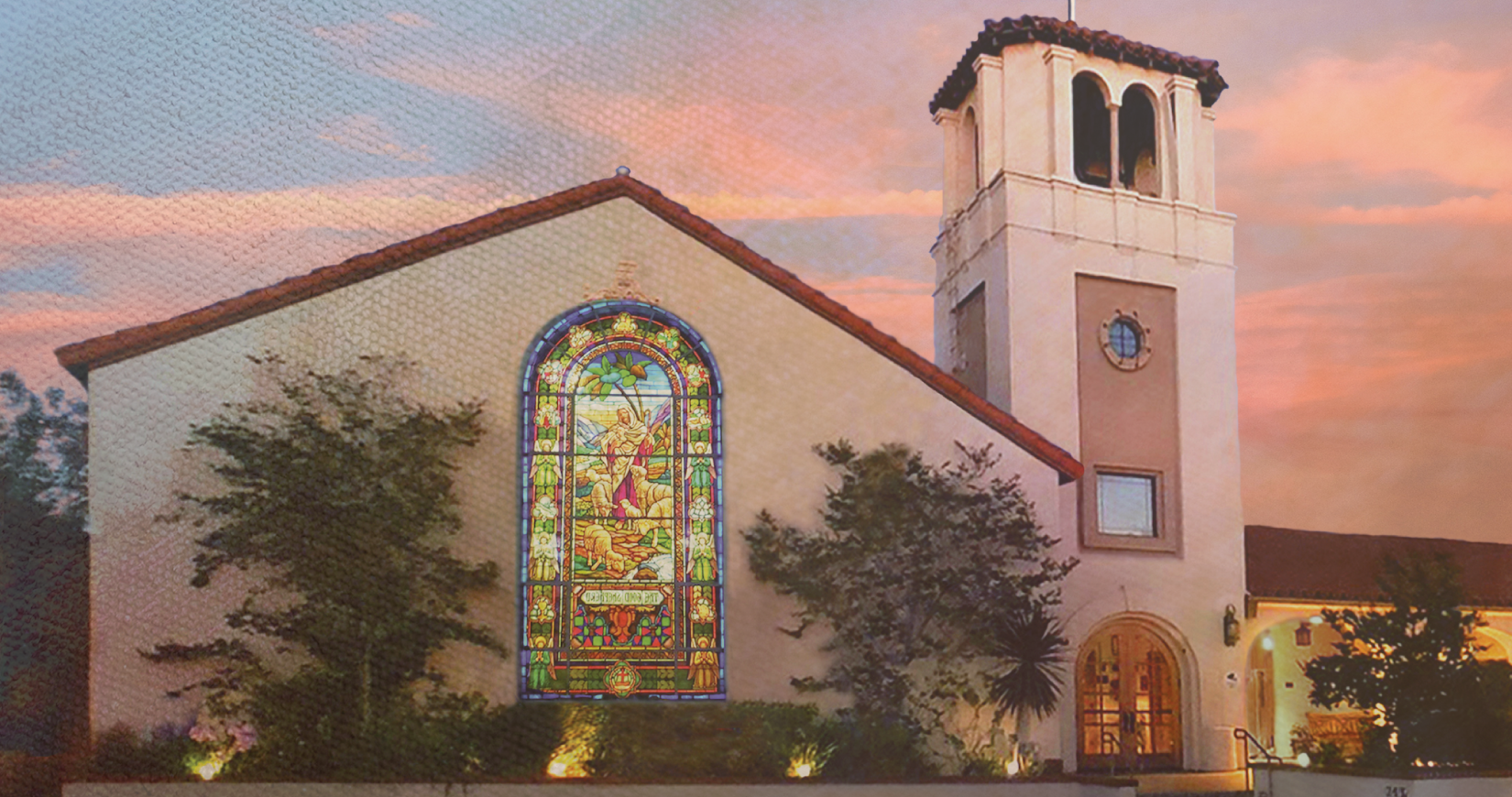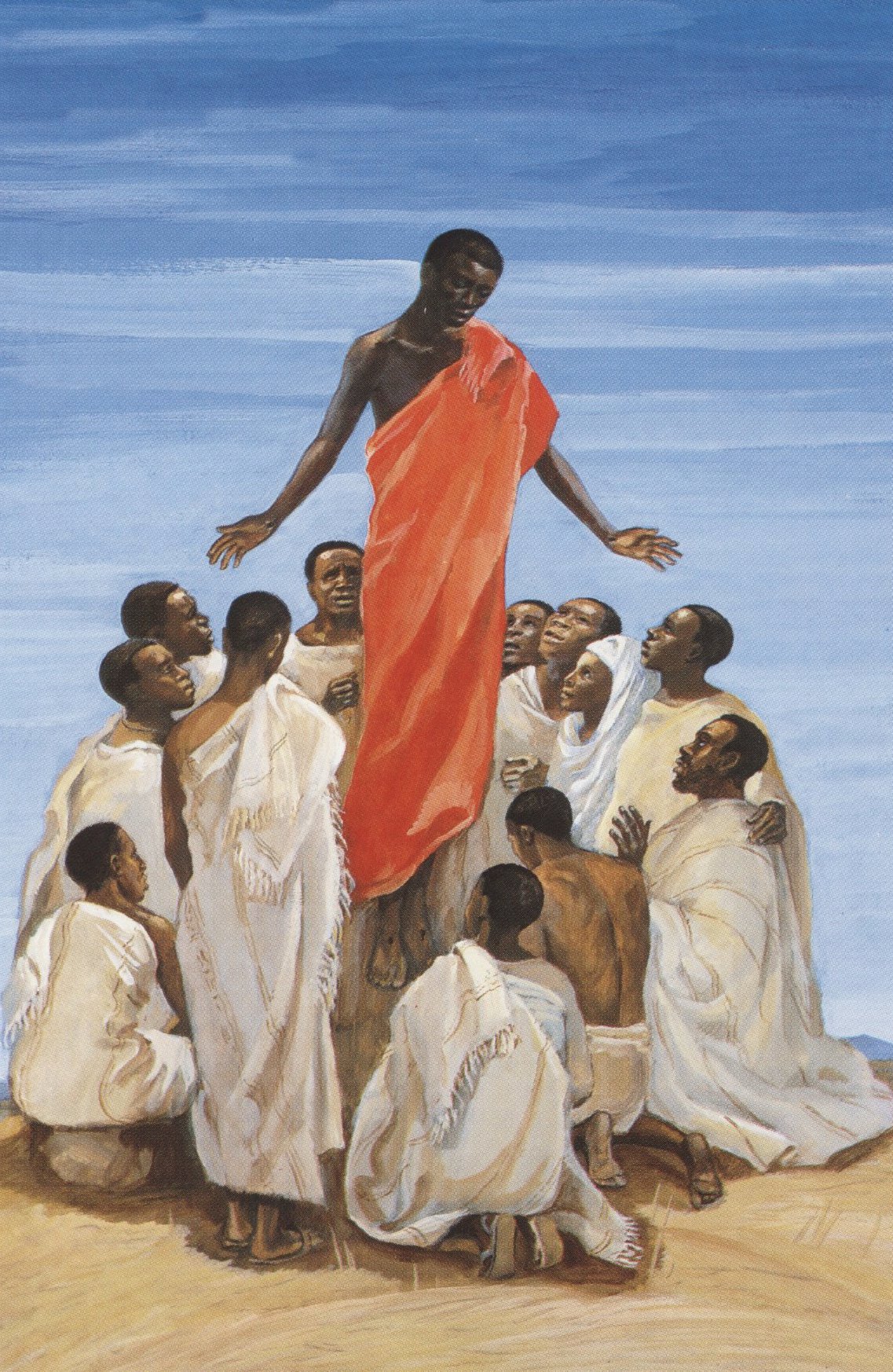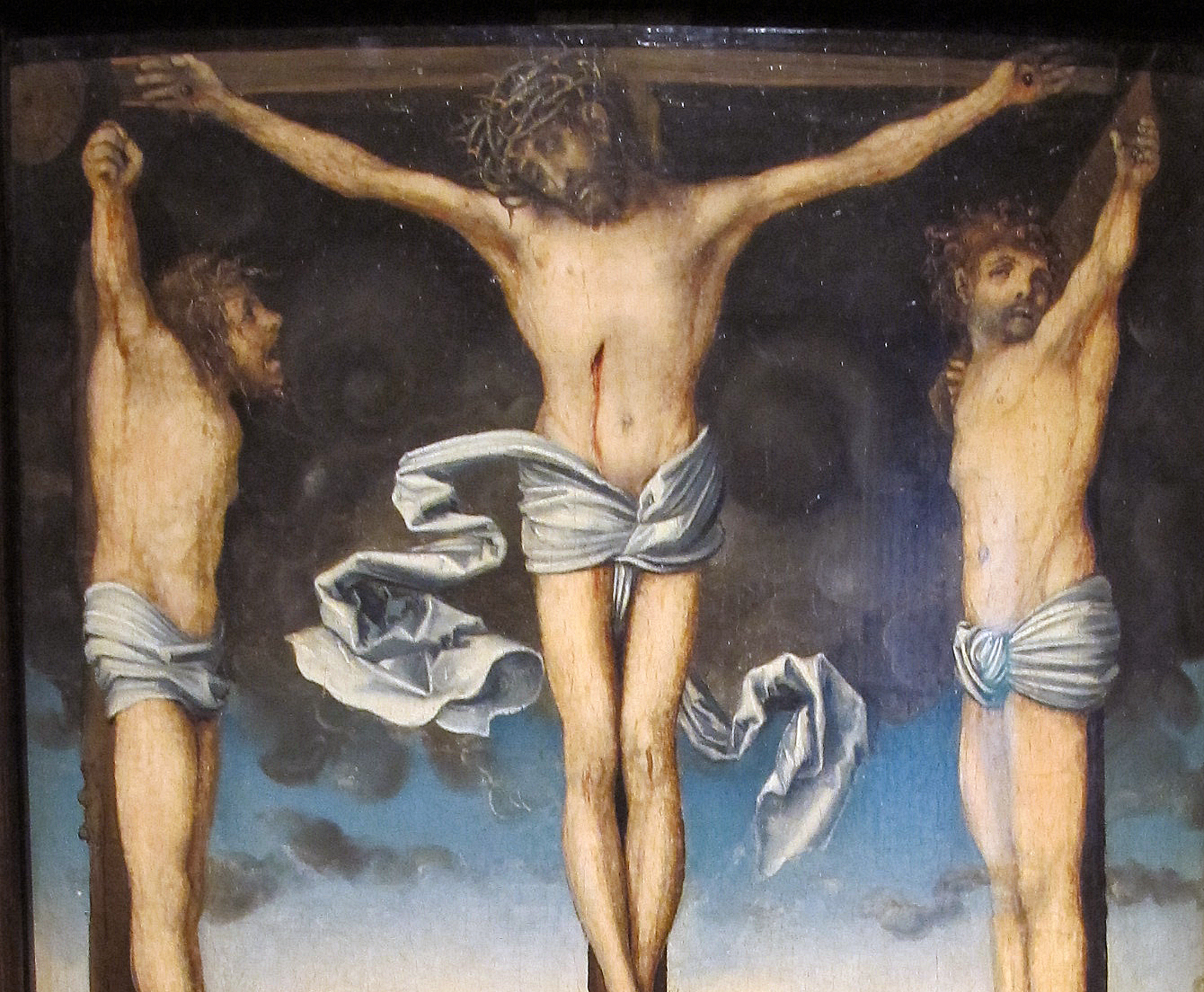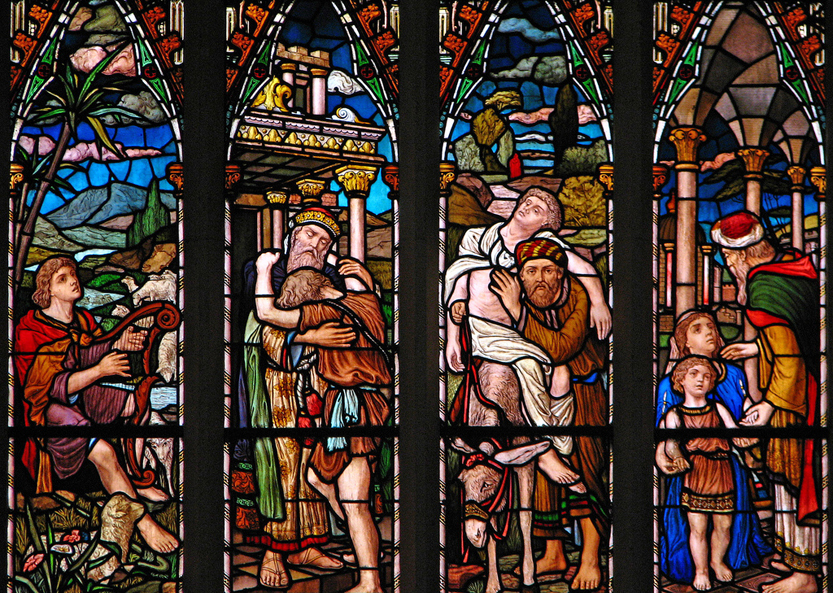-

All things new
Luke 24.1-12
Read more: All things newMany days I’ll wrap up my day job and drive over to the church so I can work on my sermon with the joyous applause of alcoholics and children of alcoholics and addicts and debtors and gamblers celebrating recovery in the background. And if I’m really lucky, once or twice a week, one of the…
-

Fight, flight, freeze, fawn, flop, forget-about-it…
Luke 1.23-45
Read more: Fight, flight, freeze, fawn, flop, forget-about-it…A sermon on Luke 1:23-45 for Kensington Community Church on the second Sunday of Advent. This sermon series is structured after the theme “How does a weary world rejoice?” from A Sanctified Art. You’re probably already familiar with the concept of instinctive threat responses—the reactions our bodies choose between when we are afraid. Back in my day,…
-

All the things I’m scared of
Luke 1.5-22
Read more: All the things I’m scared ofI am someone who is scared, a lot, of a lot of things. I am scared of taking out the trash at night. I am scared of my car making weird noises. I am scared of checking my to do list. I am scared of notifications in the FollowMyHealth app from my doctor’s office. I…
-

The only way through is together
Luke 24.45–53; Acts 1:1–11
Read more: The only way through is togetherThat God of unity sends, at maybe one of the scariest moments of the disciples’ lives, heavenly beings to be in companionship with the disciples. That relational God charges the disciples to stay together, waiting for the power of God to come upon them. And as we’ll discuss next week in the Pentecost story, when…
-

Dominant powers versus ultimate powers
Jeremiah 23.1–4; Luke 23.33–43
Read more: Dominant powers versus ultimate powersIt was starting to feeling like maybe, just maybe, the bad guys didn’t have to keep winning. Maybe giants could fall. Maybe, as the Reverend Nadia Bolz-Weber says, dominant powers would not turn out to be ultimate powers. The next Halloween, for my work’s costume contest, I dressed up for Halloween as a cell phone…
-

What you get when you sell all you have
Luke 18.18–30
Read more: What you get when you sell all you haveOne of the most respected dictionaries of ecclesiastical Greek tells us this is often used as a foil to the “fragmentary and frail” life of this world, that it’s something you seek to acquire now as much as in the future. It’s sort of an exchange you make, where you give up attachment to the…
-

Why I won’t give up the “s” word
Luke 11.49-52; 18.1-8
Read more: Why I won’t give up the “s” wordEach of the gospels–Matthew, Mark, Luke, and John–have their own way of telling the story of Jesus. The author of Luke gave us a literary epic. We get the whole story of Jesus, from birth to resurrection, with a big chunk in the middle that is focused on Jesus’ public teachings. Luke spends 60% of…
-

The father who forgot to count
Luke 15.11–32
Read more: The father who forgot to countThe story that Tim just read is a children’s adaptation of the scripture for today, a parable you may have heard described as the story of the “prodigal son.” The most popular contemporary interpretations would tell you that this is a story about redemption. A young son of a rich man disrespects his father, asking…
-

Advent I: Hope and Bicycles
Luke 21.25–36
Read more: Advent I: Hope and BicyclesI was a little puzzled the first time I learned this is the passage for the first Sunday of Advent in Year C. And I must confess, I rolled my eyes a little when Pastor Kelly told me you all would be on the lectionary for Advent. After all, the theme for this week is…

God and us
Sermons on Luke
2nd Peter (1) Acts (7) Genesis (2) Hebrews (1) Isaiah (1) Jeremiah (1) Job (1) John (4) Jonah (1) Luke (9) Mark (1) Matthew (3) Newsletters (1) Ruth (2)